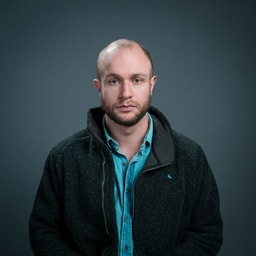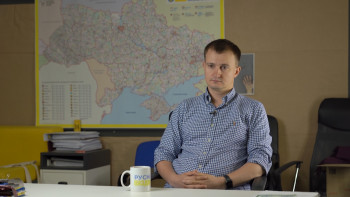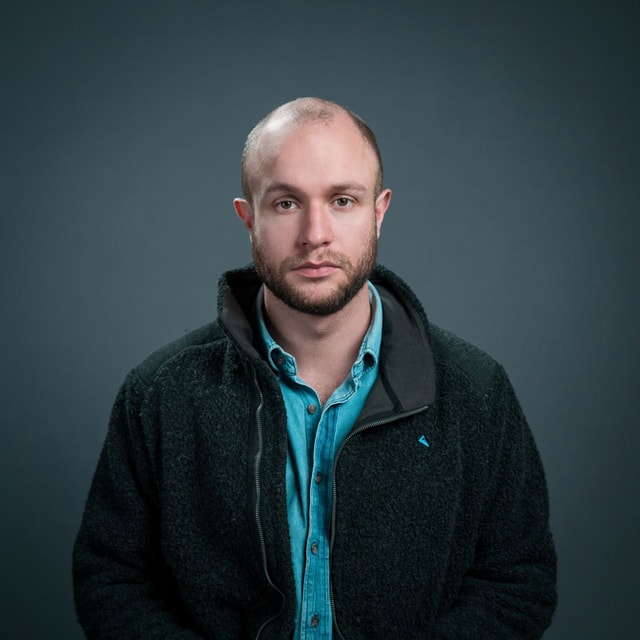Crimean Tatars dream of their homeland’s liberation as Ukraine strikes back in the south
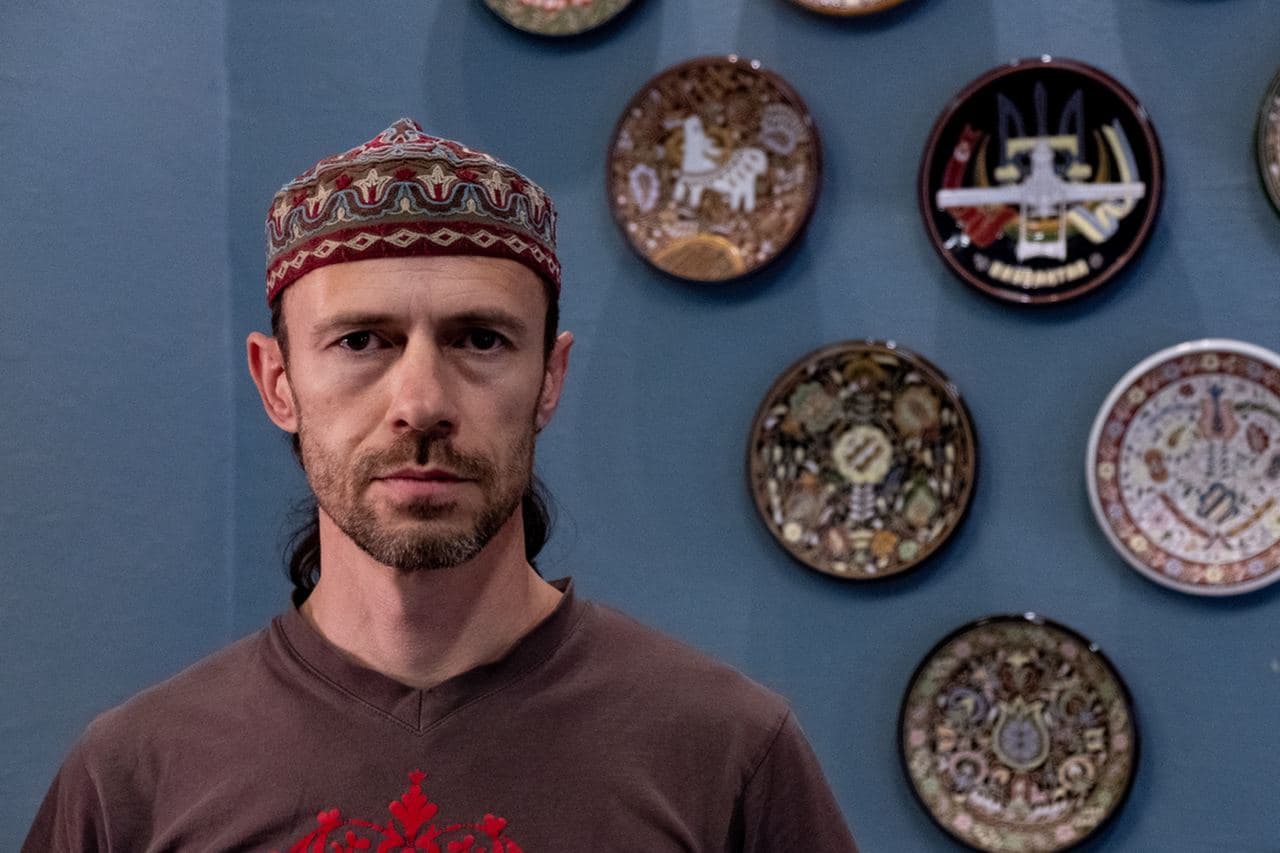
In August, Russia's war against Ukraine returned to where it all started, to Crimea.
Starting with the attack on the Saky air base in Novofedorivka on Aug. 9 that destroyed around a dozen Russian fighter aircraft, military targets were hit on a regular basis on the peninsula over the next weeks.
In the days after the first strikes, huge queues of traffic were seen on the Crimean Bridge heading out of the occupied territory to Russia.
On the day of the Novofedorivka attack, Crimean Tatar historian Gulnara Abdulayeva called loved ones in a village less than four kilometers from the base.
“It was pure joy,” Abdulayeva, 43, told the Kyiv Independent. “They told me they were drinking celebratory coffee; for now, they still can’t be any more open than that.”
Abdulayeva’s circle was not alone in celebrating the arrival of the war on one’s own soil.
“It was a new level, a confirmation that your feelings were well-placed,” said filmmaker and Ukrainian army serviceman Akhtem Seitablayev, 49.
“Looking at the reactions of my friends in Crimea, at the traffic jam on the bridge, there was nothing but happiness… happiness and belief.”
Russia invaded and illegally annexed the Crimean Peninsula in March 2014, using the moment of uncertainty that occurred in Ukraine following the EuroMaidan Revolution that ousted pro-Kremlin ex-President Viktor Yanukovych.
During more than eight years of occupation, Russia has been suppressing any resistance to its illegal regime. Crimean Tatars, the indigenous people of the peninsula, have shown firm defiance of the occupation from the beginning, to which Russia has responded with brutal repression.

Cycles of subjugation
For Crimean Tatars, the numbers 1783, 1944, and 2014 are burned into their history, marking the years in which they fell victim to Russian colonialism.
In 1783, the Crimean Khanate was annexed by Russian empress Catherine II. In 1944, the entire population was deported to Central Asia on contrived grounds of collaboration with Germany. In 2014, Crimea was illegally annexed again by Russia, and the beginning of a new wave of repression of Crimean Tatar national identity began.
The year 2022 will be marked in the collective memory of all Ukrainians. For Crimean Tatars in exile, however, the anxiety shared by the whole country is mixed with a new hope of return to a home freed from the shackles of Russian rule.
For almost any Crimean Tatar over the age of 30, 2022 is not their first experience of collective trauma and hope served hand-in-hand.
Born in Uzbekistan along with the rest of his generation, children, and grandchildren of those deported by Soviet dictator Joseph Stalin in 1944, artist and activist Rustem Skybin grew up in a household where every discussion started and ended with talk of home.

In the dying years of the Soviet Union, Crimean Tatars were finally able to move back to their homeland, building their lives up from scratch as many villages were completely ruined.
“By the time I was in school, the time had come for our return,” Skybin, 46, said in his studio in Kyiv. “But we didn’t know what it looked like, for five years we waited while my uncle built us a house, and only then we came.”
The next generation of Crimean Tatars, already born on the peninsula, grew up to join their fellow Ukrainians at the EuroMaidan Revolution, where awareness of the common cause between the two people groups began to form in earnest.
Designer Reshat Isliamov, 31, was the first in his family to be born back in Crimea.
“It was special in my family, to be the first of a new cycle, a rebirth” Isliamov said.
“Like a mother’s milk, our history raised me, taught me who I was, why I was here, and why we had only just arrived home.”

Unchanged methods
On the surface, Russia’s annexation of Crimea in 2014 was a flawless success as the peninsula was taken with barely a single shot fired.
The reality on the ground was starkly different, however, as pro-Ukrainian Crimeans and Crimean Tatars had gathered in support of the EuroMaidan Revolution, facing off against pro-Russian groups who soon had the backing of the Russian military.
For Skybin, the signs were clear.
“We have a painfully negative historical experience with Russia,” he said. “Everything that is connected with the activity of this country, we will naturally perceive with deep mistrust.”When the annexation was formalized with a sham referendum in March 2014, hope began to slowly slip away for many.
In the eight years that followed, a familiar pattern of repression began.
According to the Crimean Tatar Resource Center, there are currently 262 political prisoners held in Crimea, 188 of which are of Crimean Tatar origin. A 2021 United Nations report described numerous cases of arbitrary arrests, and torture in custody, and 43 unresolved cases of forced disappearances.
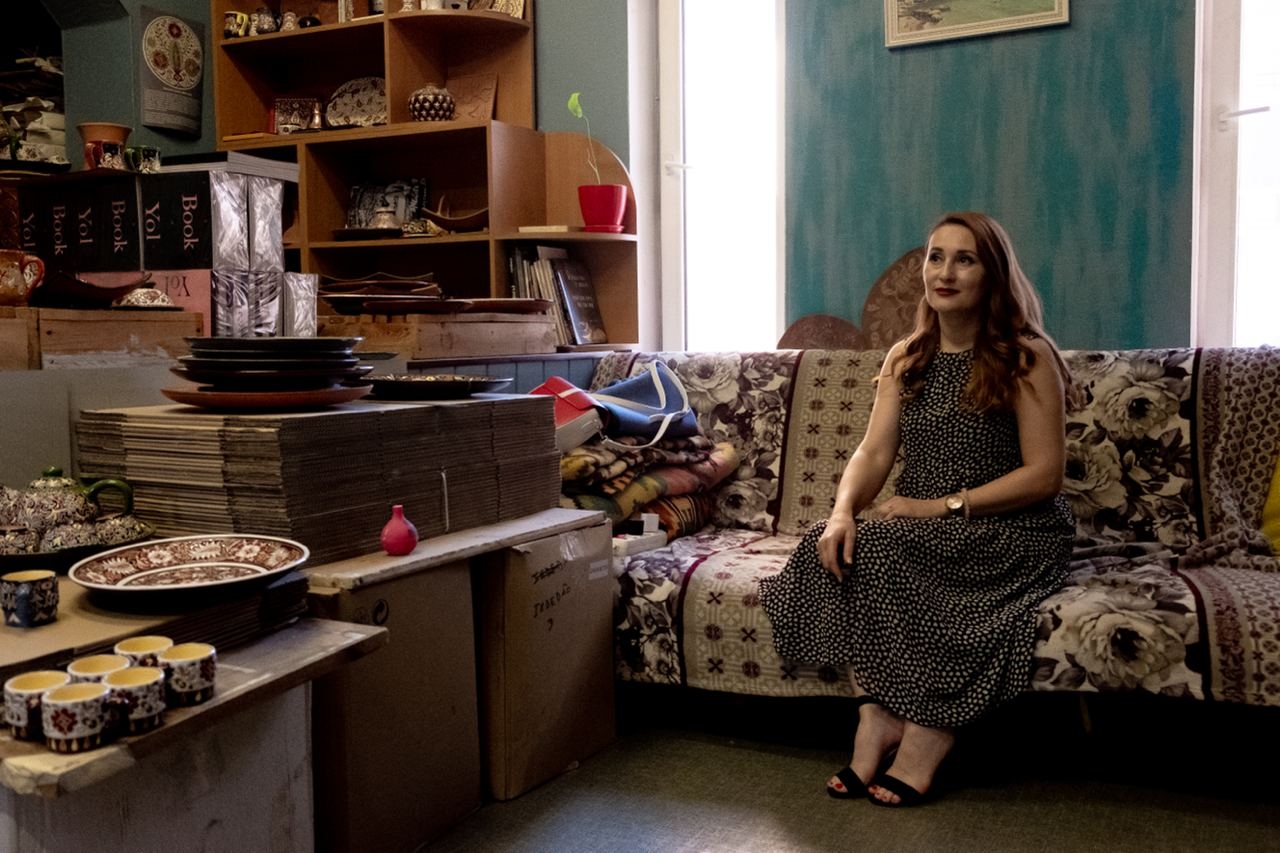
As was the case in the Soviet Union, the significance of Crimean Tatar history has been also systematically decimated by the Russian education system.
“Their methods haven’t changed at all, Abdulayeva said. “As soon as the school year started again in 2014, they released new textbooks, where Russia won the Crimean War, and where Crimean Tatars, even the Khanate, were barely mentioned at all.”
Meanwhile, as the world focused more on resolving the active conflict in Donbas, an eastern region of Ukraine comprised of Donetsk and Luhansk oblasts, many Crimean Tatars felt that the occupation of Crimea was slipping from the international agenda.
Founded in 2021, the Crimean Platform summit aimed to reignite discussion on liberating the peninsula among Ukraine’s allies, but concrete proposals to break Russia’s grip were lacking.
“Last year the question of taking Crimea by military means could not simply be raised,” Abdulayeva said. “That has all changed now.”
A bittersweet hope
Ironically, with the failure of Russia’s new “special operation,” as it still calls the all-out war against Ukraine, and with Kyiv beginning to counterattack on multiple fronts, a realistic pathway for the liberation of Crimea has begun to open.
For Crimean Tatars in exile, that idea seemed distant in the early days of the full-scale invasion, which posed a grave threat to the survival of Ukraine.
“The first month of the war, of course, was very hard, tragic for the country,” Skybin said. In Crimea, “no one believed that Ukraine would make it.”
Attitudes began to change quickly when defeated Russian troops withdrew from Kyiv and northern Ukraine in early April.
“We couldn’t imagine it at first, the difference in military power was too much,” said Seitablayev, who signed up to Kyiv’s Territorial Defense forces on Feb. 25, and now fights in the 112th Brigade of the Ukrainian army. “As it turned out, the story of David and Goliath is not only a biblical one.”
The August strikes on military facilities in Crimea demonstrated both Ukraine’s will and its capacity to target the peninsula. Now, with a major counteroffensive underway in neighboring Kherson Oblast, the prospect of the recapture of Crimea by military means has become more and more tangible.
As the likelihood of more military activity in Crimea increases, Abdulayeva fears retaliation against the Crimean Tatar population. “My friends are preparing their basements,” she said. “The Ukrainian military won’t bomb civilian targets, but I fear that provocations by Russia against densely-populated areas cannot be ruled out.”
Dreams of home
Even if Ukraine can retake Kherson Oblast, a direct assault on Crimea would be a daunting task given both the peninsula’s geography and the huge disbalance in force in the area.
Many speculate that the Crimean Bridge, an illegal construction completed in 2018 to connect the peninsula with the Russian mainland, will be one of the next major targets. “Personally I think we should let the bridge stand a little longer,” said Seitablayev, “so they don't end up having to swim.”
Speaking more seriously, Seitablayev has no doubt about the next steps. “Right now, the Armed Forces are all of us, and we, Crimean Tatars, especially understand that there is no alternative,” he said. “Even if the country is feeling tired by the time they reach Crimea, they have no choice but to go on.”
After years of relative quiet, the push to take Crimea back by force now has the backing of Ukraine’s leadership.
In an address on Sept. 4 commemorating a year since the arrest of leading Crimean Tatar figure Nariman Celal, President Volodymyr Zelensky assured the nation that “we will return freedom to Crimea.”
Crimean Tatars are almost universally confident of Ukrainian victory, but some remain apprehensive about the prospect of heavy fighting coming to Crimea.
“Recent events bring hope, but we can’t expect a quick solution here,” Isliamov said. “It is one thing to return the territory held since Feb. 24, and quite another to return the territory seized in 2014.”
The full-scale invasion has nonetheless hardened Isliamov’s position. “Crimean Tatar society has always preached non-violent resistance to political conflicts,” he said, “but the cruelty and deceit of the enemy leaves no other way to take back our stolen land.” Regardless of the outcome, the Crimean question has once again opened itself to the flux of history.
“I knew it would be resolved, but now I am confident that everything is accelerating,” said Skybin.
“A state like Russia today can exist for a short while, but cannot develop, only degrade. Sooner or later things must come to a head.”
Note from the author:
Hi, I'm Francis Farrell, the author of this article.
Ukraine is starting to hit back hard, and there aren't many people for whom this matters more than Ukraine's Crimean Tatars. We at the Kyiv Independent are hoping for more good news, but Russia's war in Ukraine won't end overnight. As we continue to cover it from the ground, please consider supporting our reporting.
